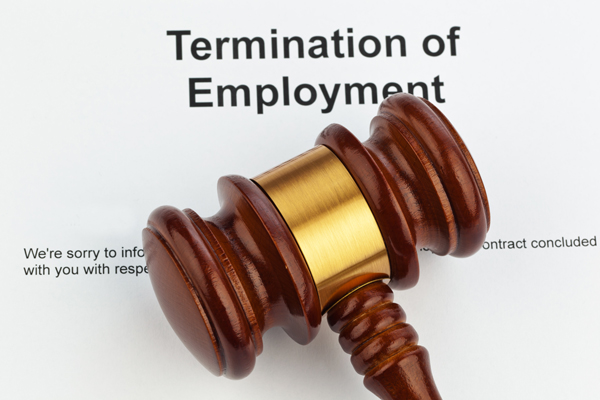

A hairdresser brought legal proceedings against his former employer “opportunistically and in bad faith,” a tribunal has ruled, as it dismissed his claim for compensation.
A barber and hair stylist, who resigned from his post at Fabriah Hair and Beauty, failed to convince the Employment Tribunal that he was within his rights to resign without working his notice due to his boss’s treatment of him.
Jean-Pierre Roulson had a number of grievances with his boss Andrew Marolia, including an assertion that he, “...had not been paid the correct amount for the hours that he worked over the course of his employment."
Mr Roulson also said that, due to the fact Mr Marolia hadn’t responded to two “grievance letters” he had sent regarding discrepancies between his timesheet and payslips as well as other concerns about his role, he was entitled to resign without working notice.

Pictured: A hairdresser has failed to convince the Employment Tribunal that he's entitled to compensation after resigning from his position.
The stylist brought his complaints to the Employment and Discrimination Tribunal, claiming ‘constructive dismissal’ – meaning that the employee is entitled to terminate their contract without notice, due to conduct by the employer.
However, during proceedings, it transpired that Mr Roulson had already drafted a resignation letter before he had sent the first of the “grievance letters” to Mr Marolia, thus undermining his case that it was his former employer’s lack of response to these letters which prompted him to resign.
In his judgment, the tribunal's Deputy Chair Advocate Mike Preston noted that the discovery of this earlier resignation letter “dramatically undermined” Mr Roulson’s case for ‘constructive dismissal.'
“If [Mr Roulson] had already resolved to resign then the allegations against [Mr Marolia] were plainly without merit," he observed.

Pictured: Deputy Chairman of the Employment Tribunal Advocate Mike Preston dismissed the hair stylist's claim.
Despite Mr Roulson alleging that he received no response to his concerns, “...the Deputy Chair found as a matter of fact that [Mr Marolia] did respond to the grievance letters and so, even if the first ‘draft’ resignation had not come to light, [Mr Roulson] would not have succeeded in the claims.”
Bringing his findings to a close, the Tribunal’s Deputy Chairman wrote: “This claim was without merit and… it had been brought opportunistically and in bad faith. [Mr Roulson] had secured employment elsewhere and then attempted to secure compensation from [Mr Marolia] where, as a matter of fact, none was due.”
Advocate Preston therefore dismissed Mr Roulson’s claim and granted him no compensation.
Comments
Comments on this story express the views of the commentator only, not Bailiwick Publishing. We are unable to guarantee the accuracy of any of those comments.